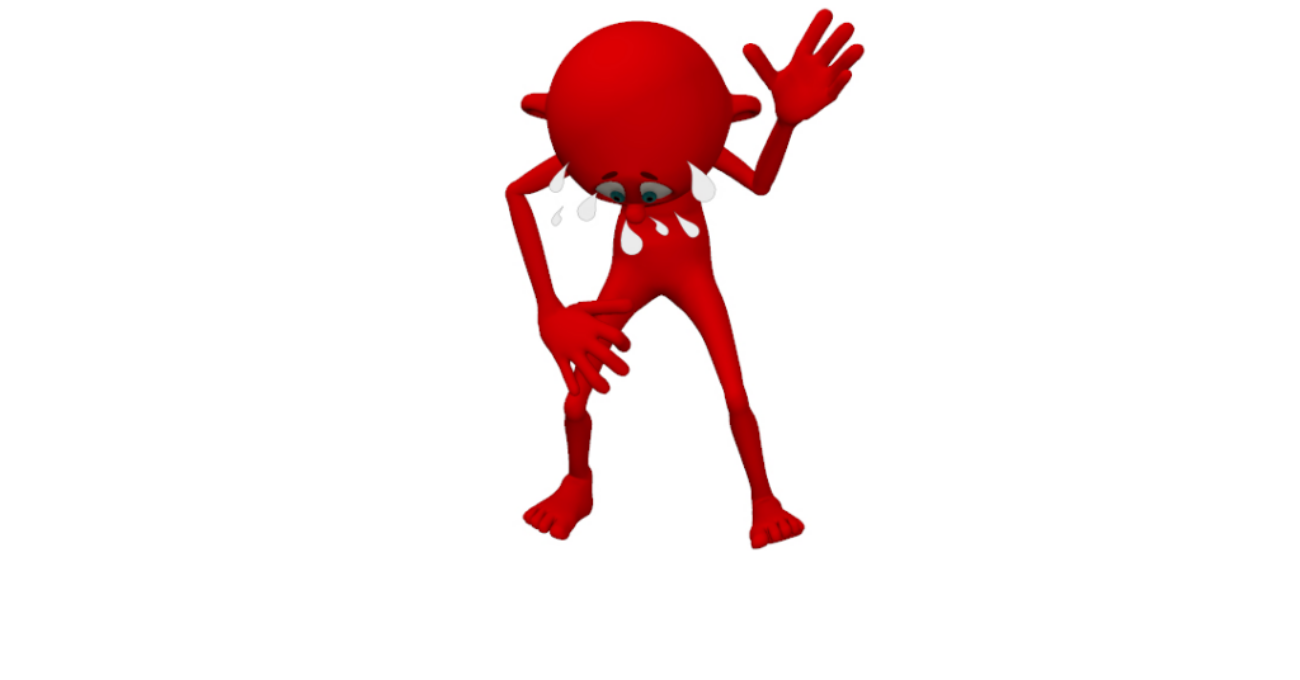Mental toughness?
760 words estimated reading time 3 minutes, 48 sec.
Following on from my last blog – something else that caught my attention researching and writing our book was the concept of training effort and intensity. I was reading back through some interviews that I’d conducted with college (university) strength and conditioning coaches in the US – in those I’d asked a question about sport coaches having expectations that strength and conditioning coaches would work on the mental toughness of their athletes. It’s an interesting concept that has ‘old school’ origins, with some coaches believing that enduring physical hardship is the gateway to sporting success. Case in point was the 1954 Texas A&M football (American) training camp run by legendary coach Bear Bryant. Of the 115 who entered his gruelling 10-day camp, only 35 players made it to day 10. In response to lengthy practices in blistering heat and no water breaks, the other 80 players were injured, stretchered out with dehydration or infections, or simply fled under the dark of night! (A great read – The Junction Boys by Jim Dent – if you have the opportunity). Mental toughness – the term was coined by sports psychologist James Loehr back in the late 1980s to describe the ability of some athletes to keep it together in the heat of competition – is something that we seem to get very confused about, particularly when it comes to fitness training and sport.
In our book, mental toughness seemed to pop up in all sorts of places – for example, children, aging athletes, professional resilience and injury. In coaching and strength and conditioning, mental toughness is usually interpreted as the ability to push oneself physically – no matter the signals of pain and agony coming from our bodies, no matter the hurt coming from that old or newly developing injury – you just grit your teeth and push through it, thus demonstrating your ‘character’. Clinging to these ideas is interesting, particularly at a time when we are finally acknowledging and trying to deal with stress and mental health issues. (I’m not going to get into the significant mental health issues that we have in this country and indeed in most of contemporary society – not because they are unimportant but because I don’t feel the tiniest bit qualified to offer any useful opinions.)

As we discussed toughness in the interviews, I really questioned whether mental toughness is made in a weight room or on a training field. Having spent time in a few elite training rooms, I can readily name a few athletes who were great trainers and yet average performers (or never really got a chance to perform) and a few athletes that were terrible trainers (according to us) but outstanding performers. The interesting thing was that the latter group were in fact totally committed physiologically and physically when in a game, but totally disinterested and apathetic in the gym. The former were perfect trainers, but not so when it came to executing in a game. Of course the majority were both good trainers and good players – but the point for me was that maybe those detached trainers knew some things that we didn’t – maybe they understood that being fit and strong was enough, and being fitter and stronger was not going to make them any better on the field or court. So easily we get caught up in this idea that more has to be better – maybe it simply isn’t.
I get that being fatigued and continuing to lift and exercise with perfect technique, and maintain mental focus, might be helpful and might help an athlete’s confidence. However, I’m also thinking that training doesn’t provide the same emotional charge or adrenaline rush as when you are competing. And, does exercise technique really matter that much in competition? Training effort in the gym and on the training field might tell us something about the individual but does it really tell us what we think? I’ve learned over the years that you can fixate on something that you think is really important but such fixations can blind you to the things that are in fact important – we’ve all got those blindspots! As I mentioned, this mental toughness came up in various places in our book and not often positively; for example developing adult-like attitudes to training in children, attitudes to injury and pain, expectations of older athletes to continue to demonstrate mental toughness in training, and pressures on strength and conditioning coaches to develop mental toughness in athletes. It’s an interesting space, and reinforces the need for us to get to know each individual that we work with as best we can, and really think about what we are trying to do for clients.
Over and out for 2019 – good number, great year! Wishing you and yours the very best for Xmas and safely welcoming the entry of 2020.
Best, Phil
